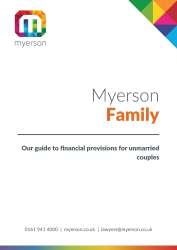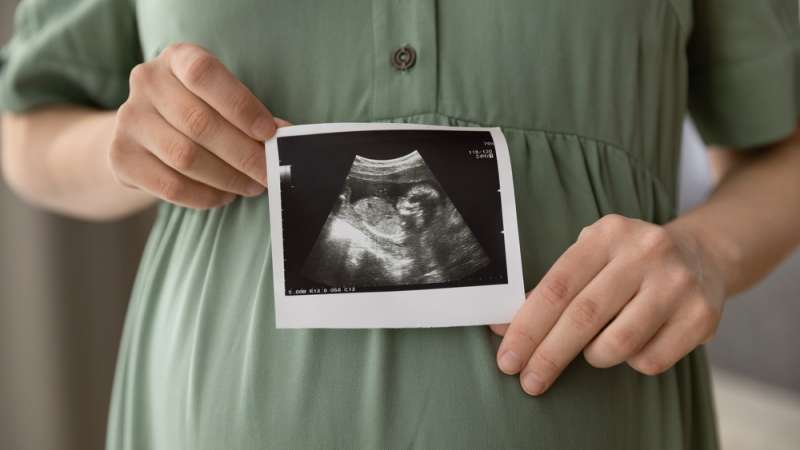Financial Rights of Unmarried Couples
There is no such thing as a “common law” spouse. However, protection for unmarried partners does exist.
In some cases, separated couples can make a claim against property under the Trusts of Land and Appointed Trustees Act 1996 (TOLATA).
For advice in relation to a potential property claim against a former partner, please contact a member of our property litigation team.
Financial claims for unmarried couples with children
Unmarried people who have dependent children have significant potential financial claims under Schedule 1 of the Children Act 1989. This can include:
- Financial claims for housing: usually housing is provided for the duration of the child’s minority.
- Lump-sum orders: to fund capital needs, such as for the purchase of furniture, contents, motor vehicles or removal costs. Repeat applications for lump-sum payments can be made.
- School fees orders: the court can order one parent to pay for school fees.
- Legal services orders - the court has the power to order a parent to pay the legal fees of the applicant parent.
- Child Maintenance - this would usually be dealt with via the Child Maintenance Service save in limited circumstances
Why Work With Our Family Team?
- Our specialist family law solicitors are experts in complex, high-value divorce, and family disputes.
- Our family law solicitors are recognised by the Legal 500.
- Our family team are all members of Resolution, the largest organisation of family lawyers in the UK, and are dedicated to dealing with matters in a non-confrontational and constructive way.
- Our team were shortlisted for the family law firm of the year (North) and financial remedies team of the year (National) at the Lexis Nexis Family Law Awards 2022.
- Our team work closely with other departments internally, including property, employment, corporate and commercial lawyers, to ensure that your financial needs are protected comprehensively.
- We provide a partner-led service to ensure you receive the very best legal advice and support for your family law issues.
- We have a large team of expert solicitors and can meet your deadlines.
- We are a full-service law firm operating from a one-site office, which means our teams communicate effectively and efficiently.
- We use the latest technology to ensure that we are working as efficiently. Geographical distance is no bar to us from providing excellent client service.
- We provide regular legal updates via our blogs, social media and local radio appearances.
- Look at the Myerson Promise for further benefits of working with us here.
The Rights Of Unmarried Couples | Common Law Spouse
Child Maintenance
To work out how much child maintenance is payable, please refer to the child maintenance calculator.
In most cases, child maintenance will be dealt with by parental agreement, or in default, after an assessment is carried out by the Child Maintenance Service.
The court retains jurisdiction to make child maintenance orders in the following limited circumstances:
- Where the payer lives or works overseas
- For expenses in relation to a disability
- School fees
- For expenses in relation to continuing education at university in some circumstances
- When the payer earns in excess of £156,000 gross per annum, the payee can apply for a “top-up” child maintenance order once a maximum child maintenance assessment has been put in place by the Child Maintenance Service.
Financial Support For Unmarried Parents Videos
Meet Our Family Solicitors
Home-grown or recruited from national, regional or City firms. Our family lawyers are experts in their fields and respected by their peers.
Testimonials
Contact Our Experts
You can contact our lawyers below if you have any more questions or want more information:










